Keywords: Religious Media
There are more than 200 results, only the first 200 are displayed here.
-

AUSTRALIA
- Frank Brennan
- 13 June 2017
1 Comment
This evening, we come together deliberately as people of diverse faiths and none, affirming the blessing of life in an inclusive country where all world views are to be respected. We are able to affirm that our spiritual lives sustain and strengthen our public lives and the vitality of the polis. Our Muslim hosts show us how to give thanks reverently for all the blessings of life, and how to attest publicly the spiritual dimension of all human life. Those of us who are migrants or descendants of migrants need to be particularly attentive to the yearnings and aspirations of those Australians who rightly claim an indigenous heritage with ancestors who have thrived on this continent for up to 60,000 years.
READ MORE
-
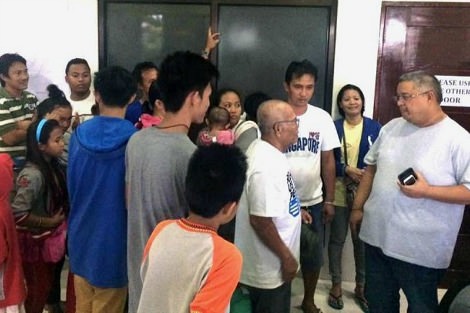
AUSTRALIA
- Fatima Measham
- 08 June 2017
13 Comments
Since 9/11, as well as more recent, atomised attacks in Europe and the UK, our judgment about what is against us has been clouded. It is not Islam, no matter what politicians and commentators say. To believe them is to take seriously the notions that it is ever possible to 'fight' religion as if it were a nation-state, that religion holds a single interpretation, that the only legitimate victim of religious violence is white and non-Muslim, and that human motivation is simple and direct.
READ MORE 
-
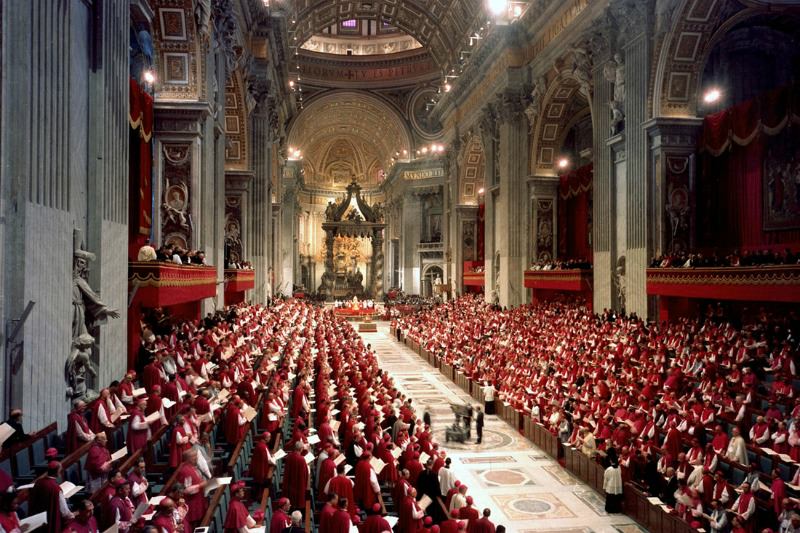
RELIGION
- Stephen de Weger
- 07 June 2017
69 Comments
The sexual revolution and Vatican II was a release from 'parental control' resulting, for many, in the sudden emergence of full-blown psychological adolescence with its risk taking, experimentation and lack of a fully developed sense of responsibility. Many clergy either slid into adolescent liberalism or, collapsing under new adult demands of freedom, retreated into reactionary conservatism. Others grew up and moved on, into new ways of being 'celibate'. Clergy misconduct is found in all three groups.
READ MORE 
-
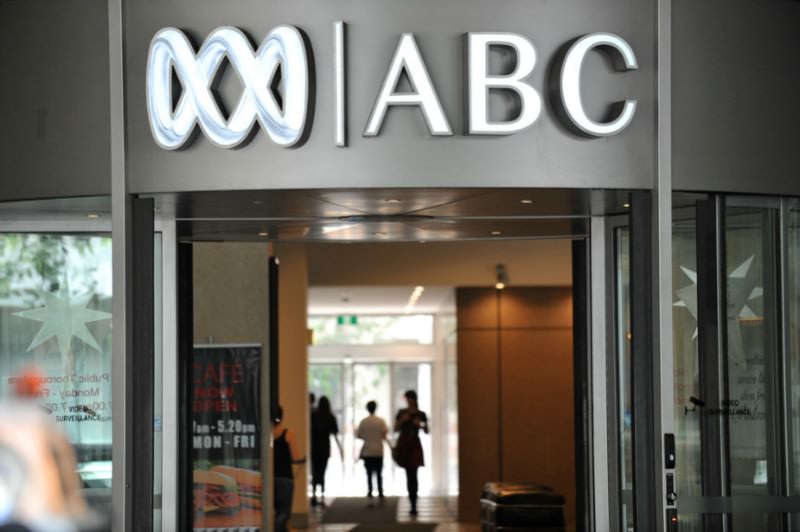
MEDIA
- Rohan Salmond
- 01 June 2017
28 Comments
Reports that the ABC will no longer require the head of the religion unit to be a religion specialist are more than a little surprising. The ABC has a commitment in its charter to 'reflect the cultural diversity of the Australian community'. Without religion reporting from people with specialist journalistic backgrounds, the ABC jeopardises its ability to fulfil its ongoing functions and responsibilities. Like it or not, religion still plays a huge part in public life in Australia, which affects the lives of everyone.
READ MORE 
-

AUSTRALIA
- Frank Brennan
- 31 May 2017
6 Comments
Indigenous leaders this last week have called for the creation of two new legal entities. They want a First Nations Voice enshrined in the Constitution, and a Makarrata Commission set up by legislation. The Makarrata Commission would supervise agreement making between governments and First Nations and engage in truth telling about history. The envisaged destination is a national Makarrata (or treaty). So the immediate constitutional issue is the creation of the First Nations Voice. There is no point in proceeding with a referendum on a question which fails to win the approval of Indigenous Australia. Neither is there any point in proceeding with a referendum which is unlikely to win the approval of the voting public.
READ MORE
-

RELIGION
- Frank Brennan
- 15 May 2017
The reconciliation of this vertical relationship is possible only through the mediation of Jesus who embodies, lives and dies the reality of this reconciliation. He puts us right with our God and thereby establishes the basis for right relationship with each other. In many countries such as Australia, Timor Leste and South Africa, the public rhetoric and programs for reconciliation have, at least in part, been informed and underpinned by this theological perspective.
READ MORE
-

RELIGION
- Frank Brennan
- 08 May 2017
1 Comment
Our Church is presently a strained, outdated social institution with an exclusively male hierarchy and clergy. But it is also the privileged locus for us to be called to the banquet of the Lord sharing theology and sacrament which have sustained the hearts and minds of similar pilgrims for two millennia. Thank God for Pope Francis who is showing us the way, helping us to find meaning in our changing and chaotic world, putting a fresh spring in the step of all those Catholics holding in tension the prophetic and the practical, the theological and the humanist, the tradition and the contemporary reality.
READ MORE
-

ARTS AND CULTURE
- Tim Kroenert
- 15 March 2017
1 Comment
The power of Jones' film comes from bringing us the faces and voices of the victims in the present day; to hear in their words and see in their manner the ongoing trauma of those experiences. It is a timely and illuminating exploration of the impacts of child abuse, arriving during a period when many of our Australian institutions, religious and otherwise, have been facing the probing spotlight of a royal commission for behaviour that was at times equally as secretive, and traumatic.
READ MORE 
-
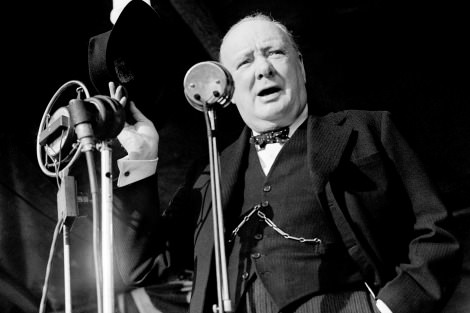
AUSTRALIA
- Andrew Hamilton
- 01 March 2017
18 Comments
It is a commonplace that our political discourse is much impoverished. Speeches are built around sound bites. The Trump administration is experimenting with letting go of speeches and communicating within the limits set by Twitter. In such a world there is little space for more complex rhetoric, for cultural reference, for reflection on historical precedents, or for wondering. Our politicians' words leave no echoes. It is worth musing on what may be lost in the thinning of public discourse.
READ MORE 
-

RELIGION
- Frank Brennan
- 01 March 2017
11 Comments
Make no mistake, our church leaders are not yet out of the blaze of the headlights. They don't have all the answers, not even in relation to matters peculiarly within their jurisdiction. Despite being put on notice, our most senior bishops could not even agree on the limits of the seal of the confessional and on what a priest should do if abuse were reported in the confessional by a child. It's not just our past leaders who needed help. Our present leaders also do.
READ MORE
-
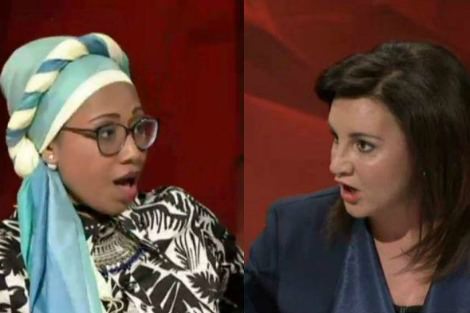
RELIGION
- Rachel Woodlock
- 24 February 2017
29 Comments
Once upon a time, a proud dad in Dandenong could name his son Jihad, with its ancient meaning of 'striving' in the path of God. Now he might choose a different name to avoid future discrimination. 'Shari'a' has come to mean the forced imposition of medieval punishments on cowering populations, while 'halal' is the torture of sheep and cows. These words have been stolen from ordinary Muslims, the vast majority of the world's second largest religion. I blame three groups for this.
READ MORE 
-

RELIGION
- Frank Brennan
- 17 February 2017
3 Comments
The commission's forensic scrutiny of past actions of church officials in no way constitutes an interference with the freedom of religion. Its spotlight is to be welcomed, provided only that it is shone on a truly representative sample of all institutions which have been found wanting and provided the same light filter is applied to all institutions. I do however have a problem with the commission making findings on issues like the want of compassion when those findings are made only against a Church.
READ MORE